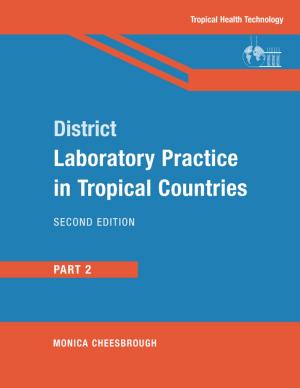Naturalizing Africa
Ecological Violence, Agency, and Postcolonial Resistance in African Literature
Nonfiction, History, Africa, Fiction & Literature, Literary Theory & Criticism| Author: | Cajetan Iheka | ISBN: | 9781108187770 |
| Publisher: | Cambridge University Press | Publication: | December 7, 2017 |
| Imprint: | Cambridge University Press | Language: | English |
| Author: | Cajetan Iheka |
| ISBN: | 9781108187770 |
| Publisher: | Cambridge University Press |
| Publication: | December 7, 2017 |
| Imprint: | Cambridge University Press |
| Language: | English |
The problem of environmental degradation on the African continent is a severe one. In this book, Cajetan Iheka analyses how African literary texts have engaged with pressing ecological problems in Africa, including the Niger Delta oil pollution in Nigeria, ecologies of war in Somalia, and animal abuses. Analysing narratives by important African writers such as Amos Tutuola, Wangari Maathai, J. M. Coetzee, Bessie Head, and Ben Okri, Iheka challenges the tendency to focus primarily on humans in the conceptualization of environmental problems, and instead focuses on how African literature demonstrates the interconnection and 'proximity' of human and nonhuman beings. Through this, Iheka ultimately proposes a revision of the idea of agency based on human intentionality in African literary studies and postcolonialism: that texts yoke the exploitation of Africans to the despoliation of the environment, and they recommend responsibility toward human and nonhuman beings as crucial for ecological sustainability and addressing climate change.
The problem of environmental degradation on the African continent is a severe one. In this book, Cajetan Iheka analyses how African literary texts have engaged with pressing ecological problems in Africa, including the Niger Delta oil pollution in Nigeria, ecologies of war in Somalia, and animal abuses. Analysing narratives by important African writers such as Amos Tutuola, Wangari Maathai, J. M. Coetzee, Bessie Head, and Ben Okri, Iheka challenges the tendency to focus primarily on humans in the conceptualization of environmental problems, and instead focuses on how African literature demonstrates the interconnection and 'proximity' of human and nonhuman beings. Through this, Iheka ultimately proposes a revision of the idea of agency based on human intentionality in African literary studies and postcolonialism: that texts yoke the exploitation of Africans to the despoliation of the environment, and they recommend responsibility toward human and nonhuman beings as crucial for ecological sustainability and addressing climate change.















